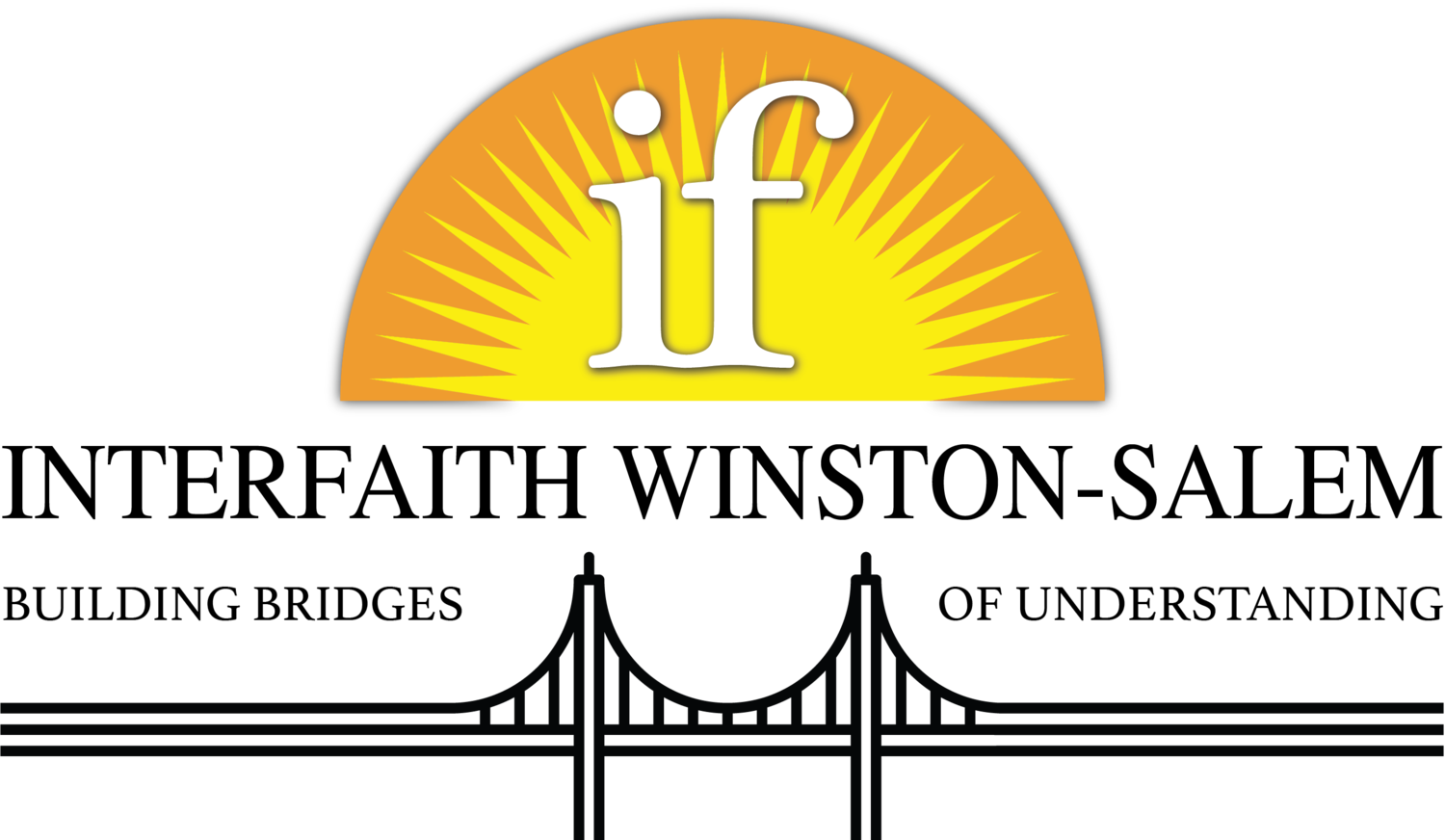(The opinions in this article are opinions of the writer and may -- or may not -- represent the views of Interfaith Winston-Salem. It is written by Jerry McLeese, founder and board member of Interfaith Winston Salem.)
Surveys by the Pew Research Center have shown that America is among the most religious of the world’s developed nations. Nearly six-in-ten U.S. adults say that religion is “very important” in their lives, and roughly four-in-ten say they attend worship services at least once a week. But Pew’s U.S. Religious Knowledge Survey in 2010 showed that large numbers of Americans are uninformed about the tenets, practices, history and leading figures of major faith traditions – including their own.
How should this deficit be addressed? Where do we start?
With research from students at Wake Forest University and guidance from local educators, Interfaith Winston-Salem has developed a proposal to address shortcoming. We plan to recommend that an elective class about world religions be offered in high schools in Winston-Salem/Forsyth County Schools. The class would focus on indigenous traditions, Hinduism, Buddhism, Judaism, Christianity and Islam and would discuss trends in the religion landscape.
Among the advisers on whom we have relied in preparing this proposal are Dr. Marlin Adrian, Salem College; Dr. Eric Greaux, Winston-Salem State University, Dr. AmyBith Gardner Harlee, R.J. Reynolds High School; Fakhria Luna, R.J. Reynolds High School; Rev. Charles F. Wilson, Americans United for Separation of Church and State; Rev. Mamie Murphy, Salem Academy; Dr. Leann Pace, Wake Forest University; and Dr. Michelle Voss Roberts, Wake Forest University School of Divinity.
Numerous leaders from across the community have endorsed the proposal, including Rabbi Mark Strauss Cohn, Rabbi Andrew Ettin, Dr. Gail Bretan, Rev. Dr. Larry Hovis, Dr. Jeff Patterson, Sri Manjunath Shamanna, Sita Somara, The Ministers Conference of Winston-Salem and Vicinity, the Rev. Charles F. Wilson, the Rev. Michelle Jiun Nicolle, Mayor Allen Joines, Dr. Shadi Qassem, Fleming El-Amin and Paula J. McCoy. You can read their comments here.
They reflect how a study about world religions can make an important contribution to the lives of our young people and to the future of our community for reasons like these:
1. As Winston-Salem expands its knowledge-based economy the area will attract individuals from many cultures and religions, contributing to the diversity and pluralism of our community. Understanding their traditions will enable others to welcome them graciously.
2. To succeed in a multicultural world, young people need to develop a religious intelligence to accompany their emotional intelligence, scientific intelligence, multilingual intelligence, artistic intelligence and moral intelligence.
3. Understanding the world’s religions will help us realize the many different forces that have contributed and continue to contribute to the world in which we live.
4. As the world becomes smaller, cultures demand the sensitivity and mutual respect that comes with the understanding of different belief systems.
5. Students of world religions become prepared to work side-by-side with people of different faith traditions whether in the classroom, the corporation or in the community.
6. Religion is a primary discipline for investigating life’s deepest questions.
We request your support as we continue our effort to encourage Winston-Salem/Forsyth County educators to bring this community-building opportunity to our high school students.
